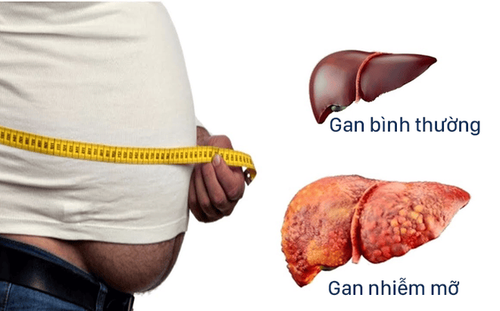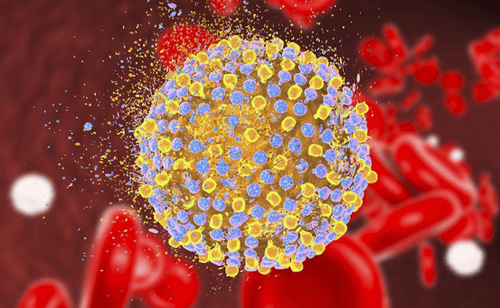This is an automatically translated article.
Article by Doctor Tran Thi Phuong Thuy - Department of General Internal Medicine, Vinmec Times City International Hospital.
Hepatitis is an infection of the liver. The liver is the largest organ in the body, responsible for many important functions such as nutrition, filtering the blood, and fighting infections. When the liver is inflamed or damaged, its functions are affected. There are many causes of hepatitis, including alcohol, toxins, drugs, infections, and many other conditions.
1. Hepatitis C . infection route
Viruses are the most common cause of hepatitis, causing hepatitis viruses A, B, C, D, E,... These viruses have very different biological characteristics, but have the same target of attack. work is liver cells.
Hepatitis C is caused by the hepatitis C virus, also known as HCV (Hepatitis C virus for short), is a common disease, and is the leading cause of cirrhosis and liver cancer in developed countries. The prevalence of this disease in Vietnam is estimated at 1-1.5% of the population.
Hepatitis C is not hereditary. People can become infected by coming into contact with the blood and body fluids of someone infected with HCV. This can happen when:
Sharing needles: Currently, most people get hepatitis C from sharing needles, syringes or other injecting equipment.

Sharing cocaine inhalers. Using contaminated needles for skin tattooing, acupuncture, ear piercing. Sharing toothbrushes, razors, nail clippers, or other items that can cause bleeding. These objects can carry a very small amount of blood that is invisible. Dental instruments,... infected with HCV Have had a blood transfusion with the virus, or received an organ transplant (usually before 1992, when blood and organ donation samples were not screened for HCV). Patients on dialysis due to kidney failure (hemodialysis) are at increased risk for HCV infection. Having sex with someone who has HCV. However, it is more common in men who have sex with men than in normal male-female relationships. Infants born to mothers infected with HCV: about 6% of cases infected with HCV will pass on to the newborn. Accidents caused by sharp objects contaminated with the blood of people infected with HCV, are common among healthcare workers.
2. How is hepatitis C not transmitted?
The disease is not spread through the following contacts:
Hugging, kissing Coughing or sneezing Casual contact or contact that does not cause bleeding Sharing food, drinks, or sharing dishes.

Currently there is no vaccine against hepatitis C virus. Therefore, to prevent this disease, it is necessary to avoid sharing needles, tools that cause bleeding that have been used by others, safe sex, and faithfulness.
Vinmec International General Hospital is a high-quality medical facility in Vietnam with a team of highly qualified medical professionals, well-trained, domestic and foreign, and experienced.
A system of modern and advanced medical equipment, possessing many of the best machines in the world, helping to detect many difficult and dangerous diseases in a short time, supporting the diagnosis and treatment of doctors the most effective. The hospital space is designed according to 5-star hotel standards, giving patients comfort, friendliness and peace of mind.
Please dial HOTLINE for more information or register for an appointment HERE. Download MyVinmec app to make appointments faster and to manage your bookings easily.














